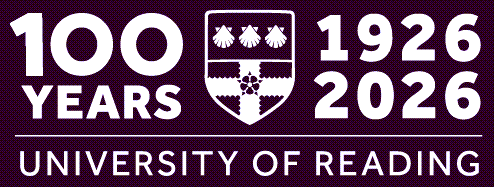The Blackboard Ally tool scans the content academics add and upload to Blackboard Learn Ultra, and generates accessibility scores to help identify the content (i.e. Word, PDF, PowerPoint etc. and any content created using text editor within Blackboard Learn Ultra) that could be made more accessible. It also provides guidance on how to fix each identified issue. Academics can review the Course Accessibility Report and Accessibility Score, to make improvements.
Contents on this page:
- Accessibility score indicators
- Blackboard Course Accessibility Report
- Alternative formats for students
Accessibility score indicators for Instructors
ALLY provides accessibility score indicators for content added to the WISIWYG text editor and for each uploaded file.
Scores range from Low to Perfect. The higher the score. the fewer the accessibility issues Ally has found.
![]()
Low: File is not very accessible and there are lots of issues that can be fixed.
![]()
Medium: File is somewhat accessible and could be improved.
![]() High: File is accessible but could be improved.
High: File is accessible but could be improved.
![]()
Perfect: No more issues have been detected in this file.
For content with Low to High scores, Ally shows you the accessibility issues and gives step-by-step guidance on how to fix them – see ‘Instructor Feedback’ below.
Score indicators for Uploaded files
Currently, Ally checks and provides indicators for files in these formats:
- PDF files
- Microsoft® Word files
- Microsoft® PowerPoint® files
- OpenOffice/LibreOffice files
- Uploaded HTML files
- Image files (JPG, JPEG, GIF, PNG, BMP, TIFF)
- WYSIWYG/VTBE content
- YouTubeTM videos embedded in WYSIWYG/VTBE content
Score indicator while using the Blackboard Text Editor
Ally checks and provides Instructor feedback for WYSIWYG content – i.e. the text and media that you insert directly into Blackboard using the content editing window. You will see an Ally accessibility indicator whenever you are creating or editing course content – for example, a content item, Announcement or Discussion post.

Instructor feedback
Ally provides detailed feedback and support to help you create more accessible content. Ally can help you learn about accessibility issues, why they matter, and how to fix them.
Click on the Accessibility score icon to open the instructor feedback for any content item. Follow the steps on screen to go step-by-step through the issues which Ally has identified. For guidance on how to fix content accessibility using Ally, see: Improve Content Accessibility

Blackboard Course Accessibility Report
You can find a summary of accessibility issues for all content in your course – and start to fix those issues – from the Course Accessibility Report.
Alternative formats for Students
Ally creates alternative formats of your course files based on the original. These formats are made available with the original file so students can find everything in one convenient location. Students can use ‘Alternative Formats’ of the content uploaded to Blackboard Learn Ultra, to suit their personal preferences or needs. For example, if a document has been provided in Word or PowerPoint format, a student can download that document as PDF, HTML, Electronic Braille or as an MP3 audio file.
You don’t need to do anything. The alternative formats are created for you, but the more accessible the content you create, the more accessible those alternative formats will be for your students.
Click on the Alternative Formats icon to see the different formats now available to your students. See UoR guidance on alternative formats for students.
More on alternative formats for students (Blackboard Help site)
What if I don’t want to generate alternative formats?
If use of a file you’ve uploaded is restricted by copyright, or you simply don’t want students to be able to generate alternative versions of it, you can turn Ally off for that individual file.
To do this, access the Alternative Formats screen and click on the drop-down at the top of the window and choose – Disable alternative formats for this file.

See the Blackboard help page on Alternative formats for more information.
Guide last updated on October 22, 2024
